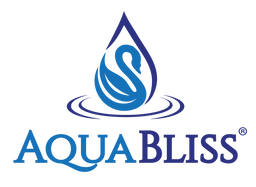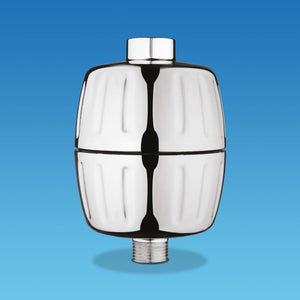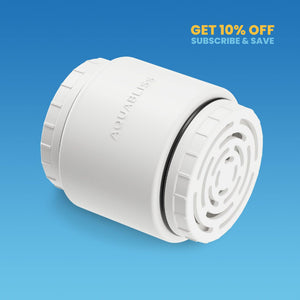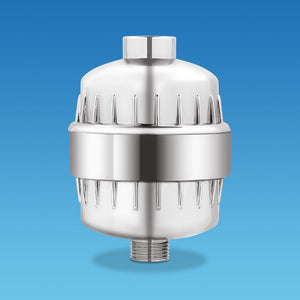Among all the things we consume, water is the most vital for survival. Water makes up around 60% of an adult human’s body weight, and staying hydrated is essential for maintaining good health, especially during intense physical activity.
As we exercise, our body loses water through sweat, which makes proper fluid intake a priority. But what about sports drinks? Are they a better hydration option than plain water? Sports drinks provide two additional components beyond hydration: electrolytes and carbohydrates.
These components are often marketed as beneficial for improving exercise performance. However, the question remains—are sports drinks truly the best choice for hydration?
What’s in a Sports Drink?
Sports drinks are mostly water, but they contain added flavor, electrolytes, and carbohydrates. Let's take a closer look at these key ingredients.
Electrolytes
One of the main selling points of sports drinks is their electrolyte content. Electrolytes like sodium, magnesium, and potassium are essential for maintaining the body's normal function.
When we exercise and sweat, we lose electrolytes, and drinking sports drinks can help replenish the electrolytes lost during physical activity. However, not all forms of exercise result in significant fluid loss or electrolyte depletion.
Intense exercise or prolonged physical activity, like endurance exercise, tends to cause greater electrolyte loss, while short-duration activities may not require the same replenishment.
Carbohydrates
Sports drinks contain around 6-8g of carbohydrates per 100ml, providing a source of energy during intense exercise. These carbohydrates help maintain physical performance by supplying the body with calories to burn as fuel.
However, carbohydrates in sports drinks can also contribute to weight gain, especially if consumed without the need for extra energy. For individuals whose goal is to lose weight or maintain a healthy diet, sports drinks may add unnecessary calories.
Water or calorie-free drinks are often a better choice for staying hydrated without adding more calories to your diet.

Why Do Athletes Use Sports Drinks?
Professional athletes, particularly endurance athletes, often rely on sports drinks to replenish lost fluids and provide energy during prolonged exercise.
The electrolytes lost through sweat during these high-intensity activities can be significant, and the quick caloric intake from the carbohydrates in sports drinks helps maintain their exercise performance.
It’s common to see sports drinks like Gatorade consumed by athletes during televised events, especially those sponsored by major sports drink brands. These products are specifically designed for intense exercise and prolonged physical activity, making them beneficial for professional athletes.
However, most people, especially those participating in short duration activities or intermittent exercise, don’t experience the same level of fluid loss or need for electrolytes. For the average person, drinking water remains the most efficient and calorie-free way to stay hydrated.
What Are Your Exercise Goals?

To determine whether sports drinks or water is the best hydration option for you, consider these factors:
- What type of exercise are you doing?
- How long will your physical activity last?
- What are your fitness goals?
What Kind of Exercise Am I Doing?
For those engaged in intense physical activity like long-distance running or cycling, replenishing electrolytes and carbohydrates is crucial for preventing dehydration and maintaining hydration status.
In these situations, sports drinks may be the best option. However, if your exercise routine involves moderate activities like jogging or short-duration workouts lasting less than one hour, drinking water is likely sufficient to keep you hydrated without the added calories or sugar found in sports drinks.
What Are Your Fitness Goals?
Your goals play an important role in determining whether sports drinks are necessary. If you're aiming to boost athletic performance during an endurance event, sports drinks can help you perform better by providing both electrolytes and energy.
On the other hand, if you're exercising to lose weight, the added calories in sports drinks may hinder your progress. In such cases, sticking to plain water can help you stay hydrated without compromising your caloric intake goals.
How Long Do I Want to Work Out?
For prolonged exercise lasting over an hour, especially in humid conditions, sports drinks can be beneficial for preventing muscle cramps and electrolyte imbalances. If you're pushing your limits and notice symptoms like fatigue or dizziness after increasing your workout duration, it may be time to explore the benefits of electrolyte drinks.
However, for the majority of people, especially those exercising for less than an hour, plain water is the most accessible and effective way to maintain hydration.
Conclusion
When it comes to choosing the best hydration drink, it's essential to consider your individual needs:
- Professional athletes may benefit from sports drinks, but for the average person, water is usually the best choice.
- Sports drinks are specifically designed to help with prolonged exercise, but they are often unnecessary for short-duration activities.
- Always focus on staying hydrated, whether you choose sports drinks or water. Proper fluid intake is key to maintaining your hydration status and supporting your overall physical performance.
While staying hydrated is essential, don’t forget about the quality of water you use in your daily life, including showering. Using an AquaBliss shower filter can enhance your water quality, removing impurities and providing a refreshing experience, which benefits your skin and overall well-being.







